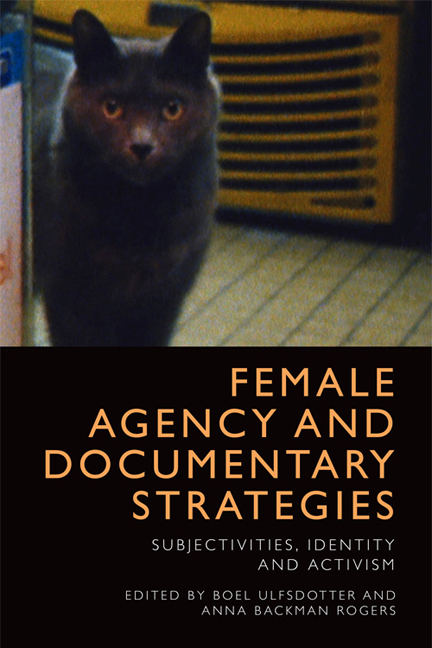9 - From Visceral Style to Discourse of Resistance: Reading Alka Sadat’s Afghan Documentaries on Violence Against Women
Published online by Cambridge University Press: 28 April 2021
Summary
AN AFGHAN AUTEUR?
Since the fall of the Taliban numerous Afghan women from different professional backgrounds have actively engaged in making documentaries. Very few of them, however, have managed to turn their filmmaking activity into effective international careers. This is why Alka Sadat (Figures 17 and 18), a self-taught documentarian from Herat, stands out as one of the most dynamic Afghan female directors of factual films. At first glance, Sadat's output does not differ from other documentary footage coming from Afghanistan. Just like her contemporaries, her camera focuses on social problems and human rights in the war-torn country. Yet, she enjoys a strong reputation as an influential activist who in her short documentary films has skilfully unveiled, if not shrewdly analysed, the dark side of gender inequality in the Islamic Republic of Afghanistan. Sadat's dedication to victims of violence against women – for whose legal defence she has openly campaigned – has formed the staple of her documentary method. Several festival trophies, which the filmmaker has collected since her debut in 2005, have helped her achieve an eminent position on the international festival circuit. Cutting across social divisions and speaking with, rather than for, her filmed subjects, Sadat resists international audiences’ impressions, which tend to essentialise gender dynamics in her country. Her half-observational, half-analytical storytelling strategies constitute the quintessence of her documentary method.
Given the relative consistency of Sadat's style and her global visibility, it may be tempting for Western critics to discuss her output as that of an emerging world cinema auteur. In Western film scholarship, dating back to the midtwentieth- century publications in L’Écran français and Cahiers du cinéma, authorship has played a significant role in critical recognition of filmmakers, including many non-Western directors. Auteur theories, which have undergone several shifts from emphasising creative agency to textual approaches, evolved into what Timothy Corrigan labelled ‘the commerce of authorship’, a tactic of promoting individual directors. When feminist film scholars – including, among others, Claire Johnston, Kaja Silverman and Judith Mayne – joined authorship debates, they observed that, however varying, auteur criticism typically favoured male directors. The thought-provoking feminist push to recognise women filmmakers as auteurs was born out of political necessity to acknowledge marginalised gendered perspectives and to give the original messages and styles of female directors an equal status in male dominated film history.
- Type
- Chapter
- Information
- Female Agency and Documentary StrategiesSubjectivities, Identity and Activism, pp. 137 - 155Publisher: Edinburgh University PressPrint publication year: 2018



